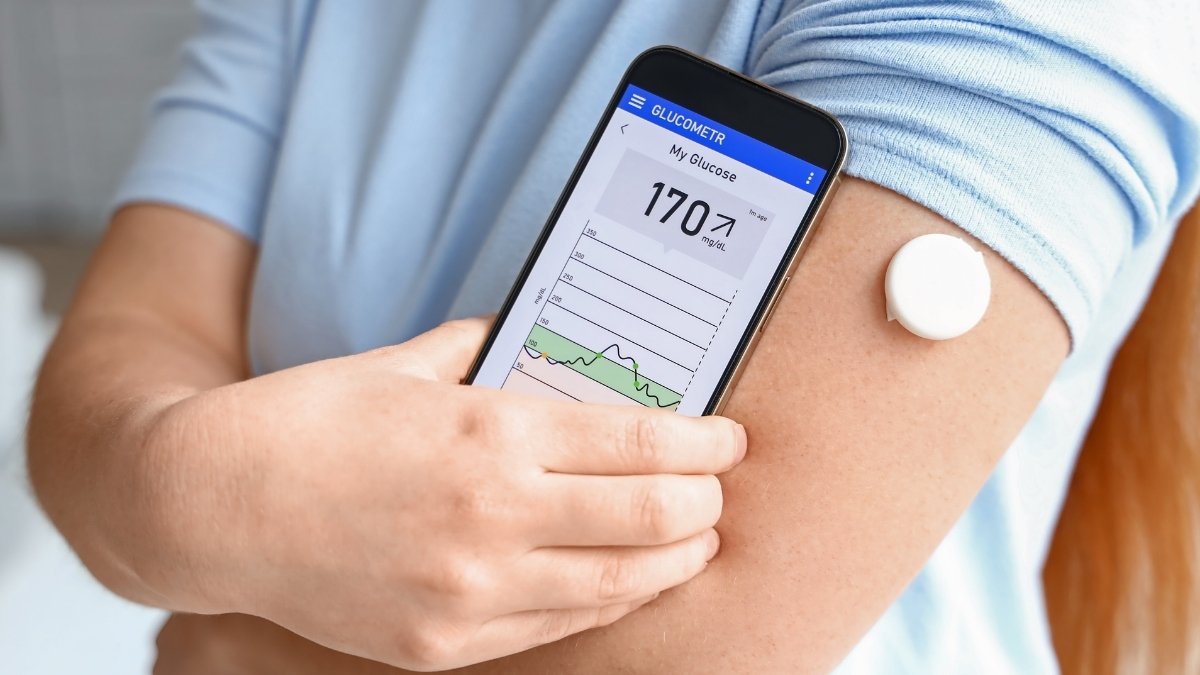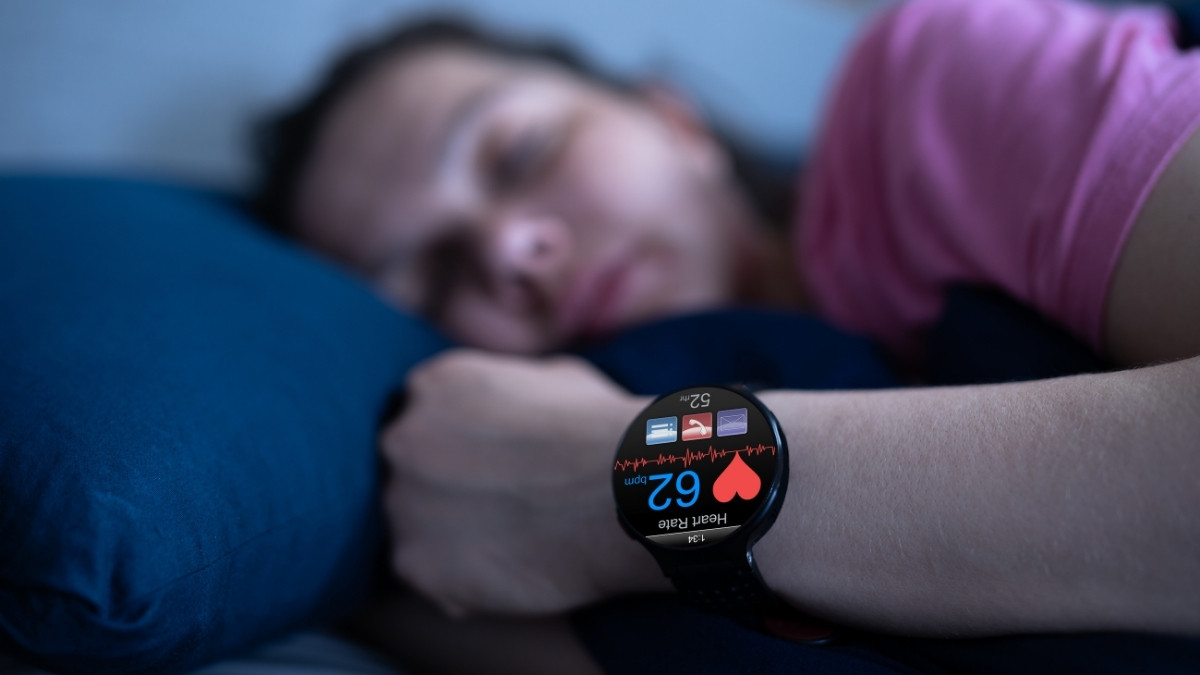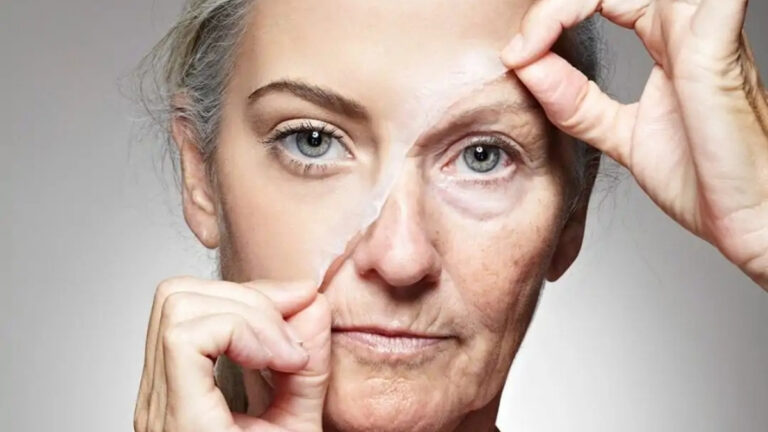Can’t Sleep Past 4 AM? This Is the Alarming Signal Your Hormones Are Sending

If your alarm reads 4:00 AM and you’re wide awake — every night — your body is trying to tell you something. Waking up at the same time each morning isn’t random. It’s often a sign that something in your hormone rhythm is off.
Many people who can’t sleep past 4 am feel tired during the day, struggle to focus, and wonder if it’s just stress or poor sleep habits. But research shows early-morning awakening often has a biological cause. Your hormones — especially cortisol, melatonin,
And blood sugar regulators — follow a 24-hour cycle. Cortisol normally rises right before waking (called the cortisol awakening response). When that cortisol spike in the morning comes too early, it can jolt you awake around 3–5 AM.
🌙 Your Body’s 24-Hour Hormone Clock
🔬 5 Tests to Find Your 4 AM Wake-Up Cause
How to get it: Ask your doctor or use FDA-approved home kits (now covered by most insurers).
Best for: People with diabetes or suspected blood sugar issues. New devices like Eversense 365 last up to a year.
Why it helps: Reveals patterns like waking after stressful days or high-carb dinners.
Action step: High scores warrant a doctor visit to discuss treatment options.
Why it matters: Overactive thyroid causes restlessness and night sweats that disrupt sleep.
📅 Your 7-Day Fix Plan
✓ Same bedtime/wake time daily
✓ 10-min wind-down routine (stretch, read, breathe)
Many people sleep better with just these changes!
• Order saliva cortisol test (waking sample)
• Request CGM if you have diabetes
• Complete PHQ-9 mood screening online
• Continue tracking all nights
“I wake at 4 AM every night and can’t fall back asleep. Can we check morning cortisol, TSH, and possibly review nighttime blood sugar with a CGM?”
Bring 2+ weeks of sleep logs or screenshots.
What’s normal: You should be in your deepest sleep phase, completely unaware of time passing.
What it means: If you’re awake at this time, something is interrupting your natural hormone cycle.
Why 3-5 AM? This is when the “cortisol awakening response” can misfire, triggered by chronic stress, anxiety, or metabolic issues.
The result: You’re wide awake, often alert but exhausted, hours before you should be.
The shift: Melatonin drops, cortisol rises, and your body temperature increases — all designed to wake you feeling refreshed.
When it works: You wake naturally, feeling alert and ready for the day.
Why waking at 4 AM is often hormonal

If you can’t sleep past 4 AM, your body isn’t being random — it’s following a hormone schedule. Every night, your brain sets a rhythm. Melatonin, the “sleep hormone,” peaks around 2 AM to keep you asleep.
Then, as dawn nears, melatonin drops and cortisol rises. This shift helps you wake up and feel alert. But if that cortisol rise happens too early, it can jolt you awake hours before sunrise.

Studies show the cortisol awakening response (CAR) usually starts about 30 minutes before you wake up and peaks within an hour. When stress, anxiety, or blood sugar changes throw that rhythm off, cortisol can spike too soon.
That’s why you might find yourself wide awake at 4 AM, even if you’re exhausted. People with chronic stress or disrupted sleep patterns often show higher early-morning cortisol levels than normal.
There’s also something called the “dawn phenomenon,” a natural rise in blood sugar and hormones before waking. It’s normal if it happens near your usual wake time. But if it starts earlier, it can feel like your body hit the alarm too soon.

If you’re waking around 4 AM often, it may not be your mind racing — it could be your hormones sending a mistimed signal. Track your sleep, morning energy, and stress. If it keeps happening, testing your cortisol levels can reveal if this early-morning awakening is part of a bigger hormonal pattern.
Sources:
- Frontiers in Endocrinology 2023 – Cortisol circadian rhythm review.
- Psychoneuroendocrinology 2024 – Stress and early-morning cortisol patterns.
- Verywell Health 2024 – Dawn phenomenon and sleep disruption.
How to triage: simple tests & data you can get in 2025 (actionable)
When you can’t sleep past 4 AM, guessing won’t fix it. You need data. The right tests can show if hormones, blood sugar, or stress are waking you too early.
1. Saliva or blood cortisol test.
Ask your doctor for a waking or 4-sample diurnal cortisol test. This measures how your stress hormone rises and falls through the day. A home saliva test is an easy starting point and is now approved by most insurers as a screening tool.

¹ Collect samples at waking, noon, evening, and bedtime. High morning or flat-day readings can point to HPA axis problems.
2. Continuous glucose monitor (CGM).
If you have diabetes or suspect low nighttime blood sugar, a CGM can help. ² New FDA-cleared devices like Eversense 365 stay implanted for up to a year and send readings to your phone.

If you see glucose dips around 3–4 AM, that’s a sign of nocturnal hypoglycemia and can explain your early awakenings.
3. Track your sleep.
Keep a 2-week sleep diary or use a smartwatch. Note your bedtime, wake time, caffeine, alcohol, and stress.

Patterns often appear — like waking early after stressful days or high-carb dinners.
4. Screen for depression and thyroid problems.
You can take a quick PHQ-9 mood test online. If you score high or notice early waking with low energy, bring it to your doctor.

Ask for thyroid labs (TSH and free T4). Overactive thyroids can cause restlessness and heat at night.
5. Know when to get help.
See your primary care doctor if early waking lasts more than three weeks. Ask for a referral to an endocrinologist if hormone or thyroid tests are abnormal, or to a sleep specialist if insomnia persists after lifestyle fixes.

Small tests can reveal big clues. When you measure instead of guess, you can stop the cycle of 4 AM awakenings and start treating the real cause.
Quick 7-day plan: test, track, act (step-by-step for readers)
If you keep waking up at 4 AM, you don’t need to guess what’s wrong. Follow this simple one-week plan to get real data — and real answers.

Day 0: Get your baseline.
Before changing anything, track two nights with your sleep wearable or app. Write down what time you go to bed, when you wake up, and what you ate, drank, or took (including alcohol or meds). This gives you a starting point for patterns.
Days 1–3: Fix the basics.
Stop caffeine after 2 PM. Go to bed and wake up at the same time daily. Add a 10-minute wind-down before bed — stretch, read, or breathe slowly. You might already sleep longer just by resetting these basics.
Days 4–7: Add data and screen for causes.
If you still can’t sleep past 4 AM, order a saliva cortisol test (waking sample) to check your stress rhythm. If you have diabetes, ask your care team about using a continuous glucose monitor (CGM) to see if blood sugar dips overnight. Complete a quick online PHQ-9 mood screening to rule out depression-related sleep changes.
After Day 7: Bring your data to your doctor.
If early waking continues, make an appointment with your PCP, endocrinologist, or sleep specialist. Bring at least two weeks of notes or screenshots. It helps them decide whether to test cortisol, thyroid hormones, or blood sugar further.
Sample message to your doctor:
“I wake up around 4 AM every night and can’t fall back asleep. Can we check morning cortisol, TSH, and possibly a CGM review for nighttime blood sugar?”
You’ll go in prepared, with evidence instead of guesses.
Keywords: can’t sleep past 4 am, saliva cortisol, CGM
Conclusion:
Waking up at 4 AM isn’t random — it’s often your hormones sending a signal. Early-morning awakenings can stem from cortisol or HPA axis issues, blood-sugar dips, menopause changes, or mood shifts.

The good news? You can test and treat it. Track your sleep with a diary or wearable, try evidence-based steps like CBT-I and stress reduction, and ask about saliva cortisol or CGM testing. If you still can’t sleep past 4 am, bring your notes and test requests to your doctor.






